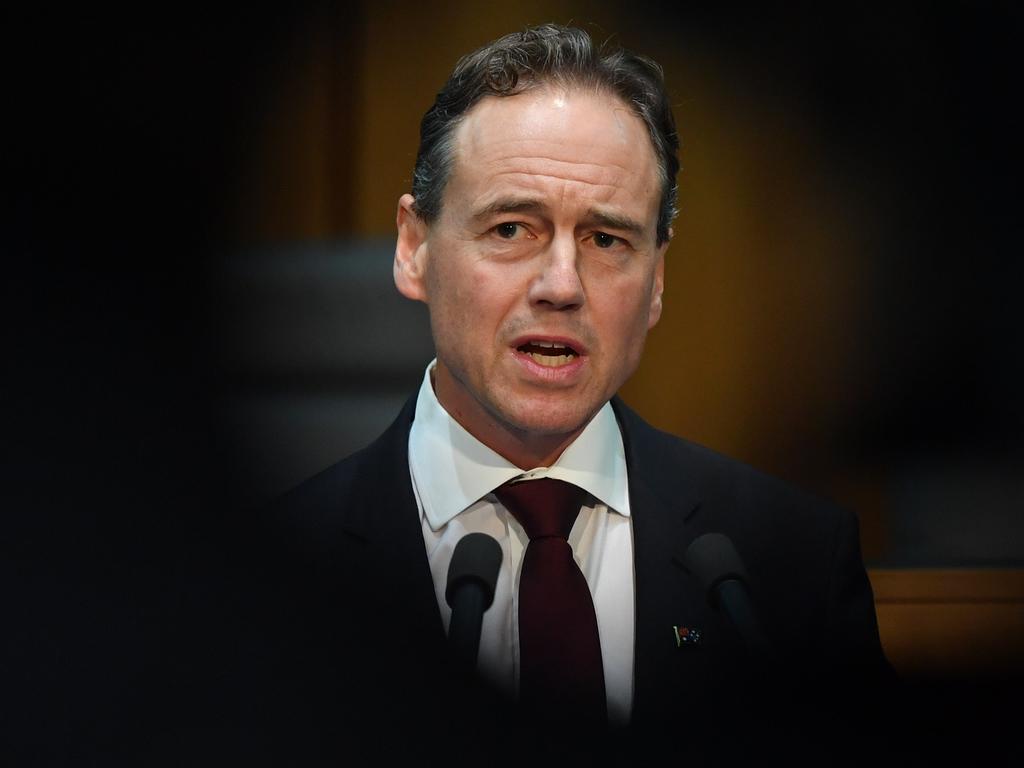Coronavirus: fears for the future as financial stress impacts the nation
Nearly four in five Australians say their mental health has deteriorated since the COVID-19 pandemic began.

Nearly four in five Australians say their mental health has deteriorated since the COVID-19 pandemic began with financial stress being a significant driver.
A survey of 5000 Australians by mental health advocate the Black Dog Institute also finds 80 per cent of people feel highly uncertain about the future. And more worry about their loved ones catching coronavirus than getting sick themselves.
“Almost four in five participants reported that since the outbreak their mental health had worsened, with over half (55 per cent) saying it had worsened a little, and almost a quarter (23 per cent) saying it had worsened a lot,” the soon-to-be-published paper says. “Many people are experiencing high levels of uncertainty about the future (80 per cent), and half reported moderate to extreme loneliness and worry about their financial situation. Given loneliness, social isolation, and financial stress are significant risk factors for poor mental and physical health, and risk factors for suicidal ideation, these findings are concerning.”
UNSW associate professor Jill Newby, the report’s lead author, said the numbers overall were disturbing, and financial stress was a particular concern.
“Financial stress is a really big component for overall mental health, and can be predictive of future depression, alcohol abuse or drug abuse,” said Dr Newby, who is based at the Black Dog Institute.
“That’s really concerning as it’s likely to only get worse. With JobKeeper and JobSeeker only lasting to September, there’s a big question about what happens after that.”
The survey, mostly conducted in early April, found people were turning to the bottle as a coping mechanism, consuming excessive amounts of alcohol. More than half (52.7 per cent) admitted to drinking at hazardous levels.
Andrew Fleming, creator of Financial Mindfulness, an app that supports the mental health of those in financial stress, said as the health threat of COVID-19 dissipates, anxiety over finances will remain, and potentially worsen. “Now the curve has flattened on new infections, another set of indicators are already in a dangerous upswing that seem certain to cause damaging financial stress long after the virus is contained — spikes in unemployment, mortgage stress, rent arrears, credit card and other debts,” he said.
“This has resulted in uncertainty of employment, debt repayments, saving money, retirement and the ability to make ends meet. Financial stress, from uncertainty and reduced income could be the most serious enduring impacts of the global crisis. Learning to make the next right decision when it comes to your money and developing resilience will help reduce the damaging impacts from financial stress.”
Dr Newby said those feeling additional anxiety should go to trusted sources like the Black Dog Institute or Beyond Blue for management strategies.








To join the conversation, please log in. Don't have an account? Register
Join the conversation, you are commenting as Logout